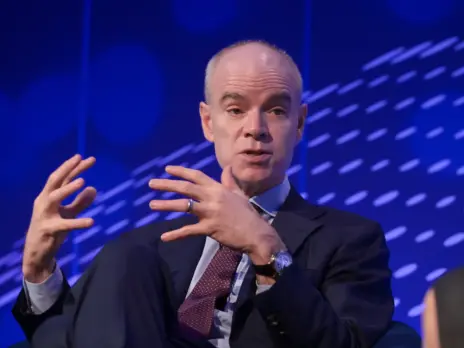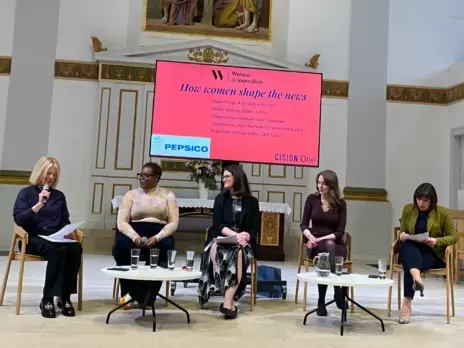
A man who feared that publicity about his son's divorce case would embarrass him, damage his career and possibly put his life at risk has won a legal fight with for anonymity.
Journalists said there was "serious public interest in the issues raised" and argued that they should be allowed to report evidence given at a divorce court hearing in London.
But a judge said the "balance" fell in favour of "privacy being maintained" and ruled that details of the case could not be reported.
District Judge Hilary Bradley said the man could not be identified and his job could not be revealed.
She said evidence about financial arrangements had been given under compulsion – to satisfy legal requirements for full and frank disclosure in divorce hearings – and should not be reported.
Lawyers from Times Newspapers had argued that the media should be entitled to "report proceedings freely".
But the man, his wife and son successfully opposed any reporting of evidence.
The son had tried to have reporters excluded from the divorce hearing, but District Judge Bradley rejected that application.
She allowed journalists from The Times and the Press Association to attend the private hearing – but restricted coverage of the case.
"Husband's father was particularly concerned about the embarrassment that disclosure of details about him and his financial affairs and those of his son would cause to him and to others and the likely impact on his own career and possible risk to life," said Judge Bradley, in a written ruling.
"There is in this case a direct conflict between the right of the media to freedom of expression and the right of those involved in the matrimonial proceedings to respect for their private lives."
She added: "It is entirely understandable that the media are interested in this case and having heard the evidence are very keen to be able to report what they have learned.
"However, the matters in which the media appear to be particularly interested relate mainly to individuals who are not in any way involved in these proceedings except to the extent that husband has been compelled to provide confidential information about them to the court in order to satisfy the requirement for full and frank disclosure."
The judge said she had considered the evidence journalists wanted to report and added: "The context… goes some way to identifying why the media, and in particular Times Newspapers, are keen to report the evidence given… and why the husband and his father are keen to avoid any such reporting."
She said Adam Wolanski, for Times Newspapers, had argued that "any impediment" to full reporting would "constitute an unjustifiable derogation from the open justice principle, particularly given the serious public interest in the issues raised".
But the judge said evidence about what Times Newspapers called "cosy financial arrangements" had been given "under compulsion".
"It was clear that the nature of the arrangement and the identities of those concerned were disclosed only with the greatest reluctance in the witness box by the husband and father," said Judge Bradley.
"They were both clearly anxious about the possible ramifications of the disclosure and it was only at the court's insistence that, eventually, a full explanation was given."
She added: "I find in considering this aspect that the balance between the right of the media to freedom of expression and the right of the husband (and others) to respect for private and family life… falls firmly in favour of privacy being maintained."
The judge said journalists were also interested in a "business enterprise" in which the man's son was involved but she said evidence relating to that was "obviously given under compulsion".
Evidence was heard at a hearing in January. The husband and wife settled their dispute in March. The wife was "neutral" on whether evidence should be reported.
Email pged@pressgazette.co.uk to point out mistakes, provide story tips or send in a letter for publication on our "Letters Page" blog






